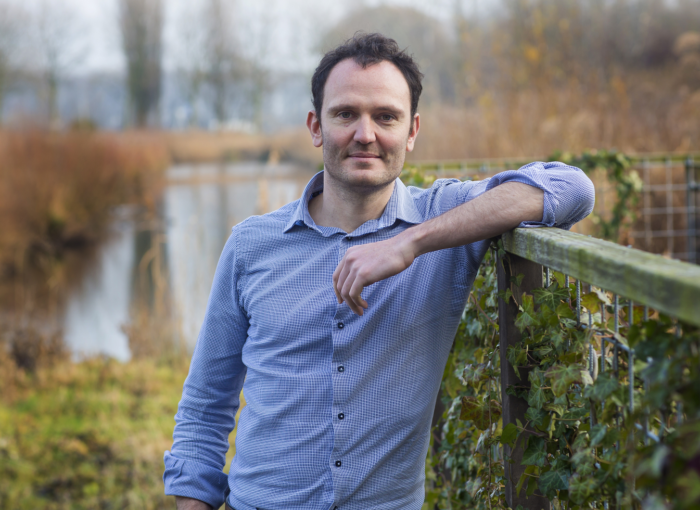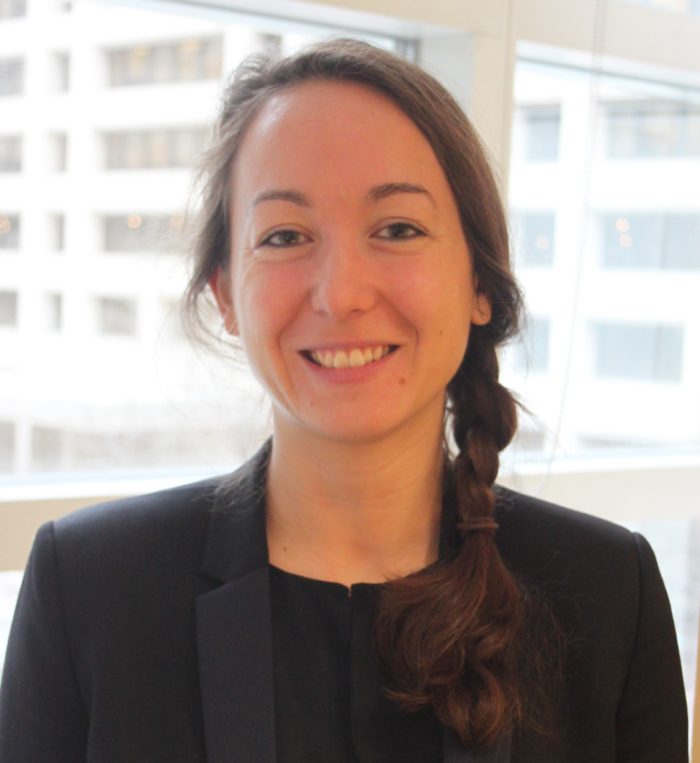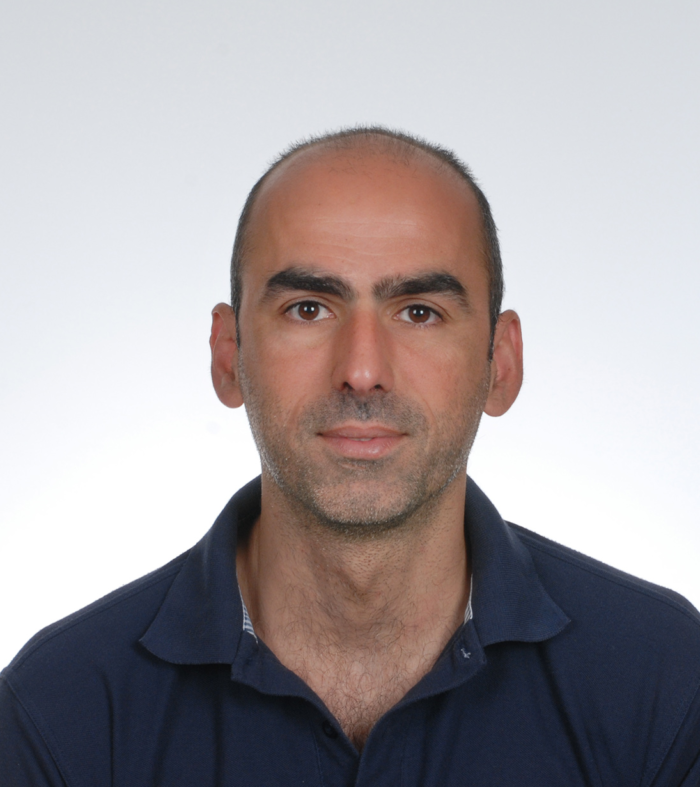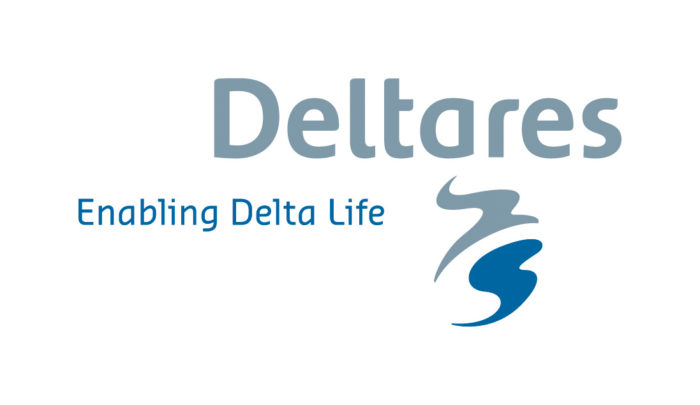Event Summary
Organization: World Bank, GFDRR/SISRI, Deltares, Joint Research Centre
Speakers
- Ms. Jennifer de Brum, National Coordinator for Disaster Risk Reduction & Climate Change Adaptation from RMI
- Mr. Tapugao Falefou, CEO, Ministry of Transport, Tuvalu
- Dr. Alessio Giardino, Senior Coastal Engineer, Deltares
- Dr. Julie Rozenberg, Economist, Sustainable Development, World Bank Group
- Dr. Michalis I. Vousdoukas, Coastal Oceanographer, European Commission’s Joint Research Centre (JRC)
- Mr. Vineil Narayan, Senior Economist, Ministry of Economy from Fiji
Description
We want the Small Island States session to be helpful to YOU,
submit your questions here!
Friday, May 18, 11:15 – 12:45
By being small, Small Island Developing States (SIDS) are even more vulnerable to the impacts of climate change and natural hazards. SIDS cannot change their size, remoteness or risk profiles and have often limited natural and human resources. However, a better understanding of current and future disaster risks can help government leaders design and prioritize solutions to build resilience. Yet, being small, can be advantageous as their size make them ideal pilots to develop and test nation-wide comprehensive analytical tools to understand risks, which can later be applied to bigger countries or broader regions.
The objective of this session is to present methodologies and results from a number of recent studies where risks have been analyzed towards resilience-informed decisions in SIDS, and how they can be used to understand risks in bigger continental countries; particularly coastal countries. Some applications at global and local scale in non-SIDS context will be shown. The session will show how a smart combination of global data, supported by limited local information, with adapted models and approaches, are powerful tools to generate risk information and support decision makers build climate resilience. SIDS countries will directly present their experiences related to the risk assessment carried out in Fiji, Republic of the Marshall Islands and Tuvalu. This session is also a platform for the Small Island State Resilience Initiative (SISRI) Practitioners’ Network, attending a two days meeting as a side event of the UR18 Conference, to address and exchange with a broader non-SIDS audience.
The following studies will be presented in more details: (a) A global risk assessment, considering dynamic scenarios of extreme sea levels (including sea level rise, but also changes in climate extremes), coupled with projections of socioeconomic development. (b) The vulnerability assessment undertaken in Fiji including an assessment of impacts of climate change and disasters on socio economic and wellbeing at national level and proposed solutions at sector level, facilitating the prioritization of interventions. (c) The assessment carried out in Republic of the Marshall Islands analyses the impacts of multiple hazards on assets and population (local level) in a context of climate change, based on a state-of-the-art modeling system. The spatial quantification of the related risks provides the basis for the identification, planning and design of suitable coastal protection measures for risk reduction. (d) In Tuvalu, a similar assessment was used as the basis for the development of new ship landing facilities at different islands, with the scope of increasing the resilience of the maritime sector under development.
Speaker bios
 Dr. Alessio Giardino is a senior coastal engineer and team leader with broad experience in coastal protection and climate adaptation feasibility studies, including multi-hazards risks assessments as design basis for large coastal investment programmes. He has wide experience with different clients and project partners including large funding organizations, national governments, the private sector, and research centres in Africa, Asia, the Pacific, South America and the Caribbean. He is also author of tens of publications on international journals and conference proceedings in the field of climate change, coastal morphodynamics, integrated coastal management, and multi-hazard risks assessments. Moreover, he is actively involved as a reviewer for IPCC on the topic of climate change impacts on small island states. He graduated at the Faculty of Engineering in Turin in 2003. He was awarded this degree cum laude with a thesis on tidal numerical simulations carried out at the Hydraulics Laboratory of the Katholieke University of Leuven (Belgium). From November 2008, he joined the staff of Deltares as senior specialist adviser. Moreover, as regional coordination for Latin America and the Caribbean, he is responsible for the research and commercial project development in the region.
Dr. Alessio Giardino is a senior coastal engineer and team leader with broad experience in coastal protection and climate adaptation feasibility studies, including multi-hazards risks assessments as design basis for large coastal investment programmes. He has wide experience with different clients and project partners including large funding organizations, national governments, the private sector, and research centres in Africa, Asia, the Pacific, South America and the Caribbean. He is also author of tens of publications on international journals and conference proceedings in the field of climate change, coastal morphodynamics, integrated coastal management, and multi-hazard risks assessments. Moreover, he is actively involved as a reviewer for IPCC on the topic of climate change impacts on small island states. He graduated at the Faculty of Engineering in Turin in 2003. He was awarded this degree cum laude with a thesis on tidal numerical simulations carried out at the Hydraulics Laboratory of the Katholieke University of Leuven (Belgium). From November 2008, he joined the staff of Deltares as senior specialist adviser. Moreover, as regional coordination for Latin America and the Caribbean, he is responsible for the research and commercial project development in the region.
 Dr. Julie Rozenberg is an Economist with the Chief Economist of the World Bank Sustainable Development Group. Her work includes green growth and climate change mitigation strategies and climate change adaptation and disaster risk management. She builds new tools that allow looking at the impacts of natural disasters and climate change from a household perspective, and thus analyzing poverty and distributional impacts. She also develops innovative methodologies to take long-term uncertainties into account in the economic analyses of projects, in sectors like transport, water or urban. The objective is to help World Bank teams and clients deal with climate change constraints and other long-term uncertainties in the preparation of projects and strategies, and build resilience in World Bank client countries. Julie Rozenberg holds an engineering degree from Ecole Nationale Superieure de Techniques Avancees and a PhD in economics from Ecole des Hautes Etudes en Sciences Sociales in Paris.
Dr. Julie Rozenberg is an Economist with the Chief Economist of the World Bank Sustainable Development Group. Her work includes green growth and climate change mitigation strategies and climate change adaptation and disaster risk management. She builds new tools that allow looking at the impacts of natural disasters and climate change from a household perspective, and thus analyzing poverty and distributional impacts. She also develops innovative methodologies to take long-term uncertainties into account in the economic analyses of projects, in sectors like transport, water or urban. The objective is to help World Bank teams and clients deal with climate change constraints and other long-term uncertainties in the preparation of projects and strategies, and build resilience in World Bank client countries. Julie Rozenberg holds an engineering degree from Ecole Nationale Superieure de Techniques Avancees and a PhD in economics from Ecole des Hautes Etudes en Sciences Sociales in Paris.
 Dr. Michalis I. Vousdoukas is a coastal oceanographer, currently employed at the European Commission’s Joint Research Centre (JRC). He makes part of a group carrying out multidisciplinary work, developing tools and methodologies allowing to assess climate change impacts along the European and global coastlines. These efforts cover the whole spectrum from hazard, to impact and adaptation; including large-scale ocean modelling, exposure datasets and risk assessment. He graduated at the Chemical Engineering Department of Aristotle University of Thessaloniki, Greece (2002). After being awarded his PhD on coastal morphodynamics (2006) he has worked at the NATO Underwater Research Center (Italy), IFREMER (France), University of Algarve (Portugal), University of Hannover (Germany), and since 2015 he is appointed Associate Professor at the Department of Marine Sciences of the University of the Aegean. Prior to his current activities in the JRC, he has been involved in several European and national research projects, dealing with monitoring and modelling of nearshore morphodynamic processes. He is author of more than 40 scientific journal papers, 2 book chapters and several international technical reports. He regularly acts as invited expert for the United Nations Conference on Trade and Development (UNCTAD) in activities supporting SIDS sustainability.
Dr. Michalis I. Vousdoukas is a coastal oceanographer, currently employed at the European Commission’s Joint Research Centre (JRC). He makes part of a group carrying out multidisciplinary work, developing tools and methodologies allowing to assess climate change impacts along the European and global coastlines. These efforts cover the whole spectrum from hazard, to impact and adaptation; including large-scale ocean modelling, exposure datasets and risk assessment. He graduated at the Chemical Engineering Department of Aristotle University of Thessaloniki, Greece (2002). After being awarded his PhD on coastal morphodynamics (2006) he has worked at the NATO Underwater Research Center (Italy), IFREMER (France), University of Algarve (Portugal), University of Hannover (Germany), and since 2015 he is appointed Associate Professor at the Department of Marine Sciences of the University of the Aegean. Prior to his current activities in the JRC, he has been involved in several European and national research projects, dealing with monitoring and modelling of nearshore morphodynamic processes. He is author of more than 40 scientific journal papers, 2 book chapters and several international technical reports. He regularly acts as invited expert for the United Nations Conference on Trade and Development (UNCTAD) in activities supporting SIDS sustainability.
Dr. Tapugao Falefou recently graduated with the degree of Doctor of Philosophy from the University of Waikato in New Zealand. His research was on the human dynamics of climate change based in the context of atoll island states, particularly his home country Tuvalu. He holds a Master of Public Policy (International) and Master of Diplomacy from the Australian National University, and Bachelor of Laws and Bachelor of Arts (Public Administration & Management) from the University of the South Pacific in Fiji. Dr. Falefou served at different positions of the Government of Tuvalu for more than 30 years. He served as Permanent Secretary (or Chief Executive Office) of the Ministry of Education, Ministry of Foreign Affairs, and now he is holding the position of Chief Executive Officer of the Ministry of Communication and Transport. In his current capacity, Dr. Falefou oversees the implementation of boat harbours funded by the ADB and World Bank in three islands of Tuvalu as part of strengthening and improving resilience of the islands to the adverse impacts of climate change and sea level rise.

Jennifer DeBrum is the National Coordinator for the Joint Plan of Action for Climate Change Adaptation and Disaster Risk Management. She has 5 years of experience working with climate change policy development, and 3 years in policy implementation. Her experience includes working to integrate and mainstream climate and disaster risk reduction into sectorial policies, using a holistic and country wide approach. She has experience working with a wide range of actors including the National Government, Municipal Government, and civil society. Since the inception of the Joint NAP in 2014, she has seen the JNAP traverse multiple international policies that have had an impact on regional and national policies influencing significant alternations in national government activities and approaches to risk management.
Mr. Vineil Narayan is the Climate Finance Specialist with the Fiji Ministry of Economy. He joined the Ministry of Economy five years ago as a Senior Economist and is now with Climate Change and International Cooperation Division. Mr. Narayan has been involved in key policy and decision making initiatives with the Fijian Government having authored chapters in Fiji’s 5-Year and 20-Year National Development Plan, the Nationally Determined Contribution Implementation Roadmap and the Green Growth Framework for Fiji to name a few. Mr. Narayan is an active participant in the United Nations Framework Convention for Climate Change and champions the need for climate mitigation actions that have significant adaptation co-benefits.
Session resources:
- Small Island States Resilience Initiative (SISRI) – Small islands, big challenges report, SISRI webpage
- Climate and Disaster Resilience Financing in Small Island Developing States, full report, summary
- Climate and Disaster Resilient Transport in Small Island Developing States: A Call for Action, link
- Climate Vulnerability Assessment – Making Fiji Climate Resilient, full report, summary
- Three SISRI knowledge notes: link





